Women in financial services: Accelerating change together

This week, EVE VOICES highlights the research findings of the ACT Research programme, giving an up to date view of employees sentiment about the opportunity gap for women in financial services.
By guest contributor, WIBF UK in collaboration with London School of Economics and the Wisdom Council.
A necessary change of narrative
As the title suggests, the major conclusion is that it is time to change the narrative that surrounds men and women in the workplace.
The report, prepared by The Wisdom Council, shows that, among those completing this survey, gender is not a defining factor in ambition or the importance of work.
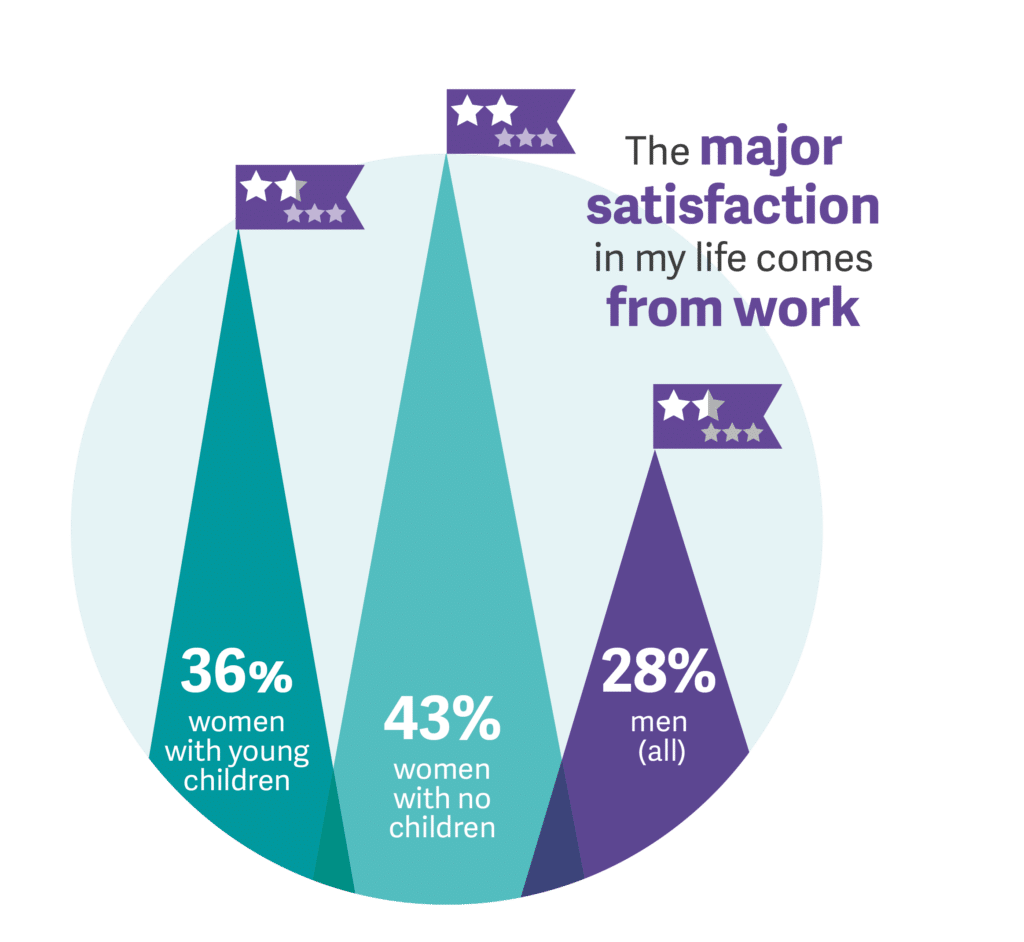
These findings run contrary to a narrative that women are prioritising other areas of their lives or are not putting themselves forward. We evidence that the real differences lie in the opportunities these women are given.
Flexibility for all
A perspective by Dr. Grace Lordan, Founding Director of The Inclusion Initiative at the London School of Economics, underlines the importance of moving away from over focusing on the constraints that women face when formulating policies to retain women in the workplace.
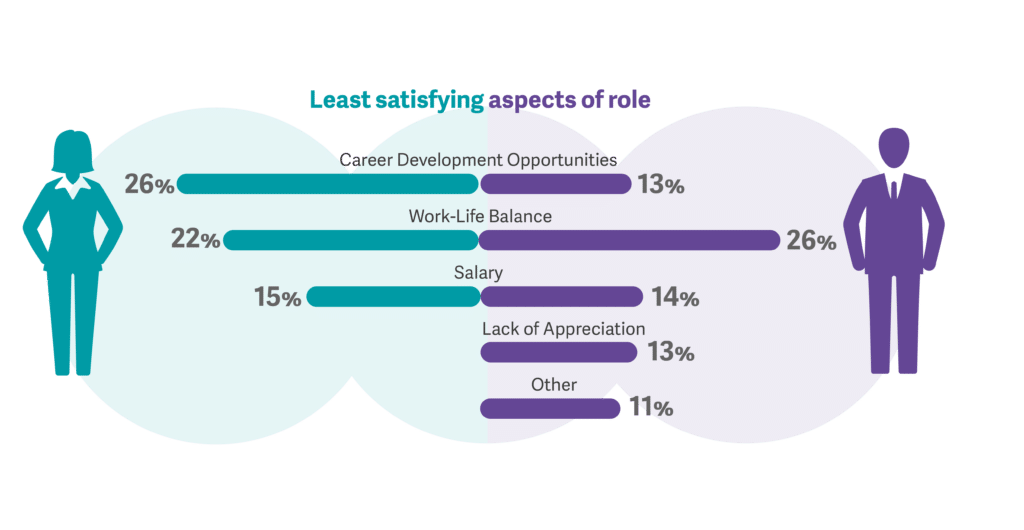
Accelerating Change Together Programme
Rather, Dr. Lordan stresses that focus should be on policies that allow all workers to thrive, in terms of being both productive and happy at work. She emphasises that flexibility is one of these policies.
The WIBF Accelerating Change Together (ACT) Research Programme is a cross- industry initiative to drive policy change which will better support and retain women working in financial services.
The objective of this research was firstly to assess current attitudes and policy across industry sectors, and secondly, to understand the potential drivers behind the lack of pipeline of women into senior positions – which we have, for ease, referred to as the ‘missing middle’.
The research was conducted in September/October 2020 at a time of enormous uncertainty and change as a result of the Covid-19 pandemic.
We were pleased to receive such strong participation with 1,703 responses, and broad representation from across the industry:
- 19% of respondents were male
- 14% from BAME or other non-white backgrounds
- 10% had left financial services
- 9% worked part-time
- 35% were in senior management positions or above
Changing the narrative: Key findings

Considering the differences between the men and women who participated in the survey:
- Do women lack ambition? No
There are no significant gender differences in career aspirations or in the importance of work as a source of life satisfaction. This is true across all women, including those with young children, older children and no children. - Are women ‘leaning in’ to progress their careers? Yes
There are no significant gender differences in the extent to which women are asking for promotions, stretch assignments and pay rises. Our participants do not lack the confidence to advocate for their own career development and this finding is even stronger among younger generations.
What we do see are differences in outcomes. Women are more likely to see barriers and and to feel their career is progressing less well than peers.
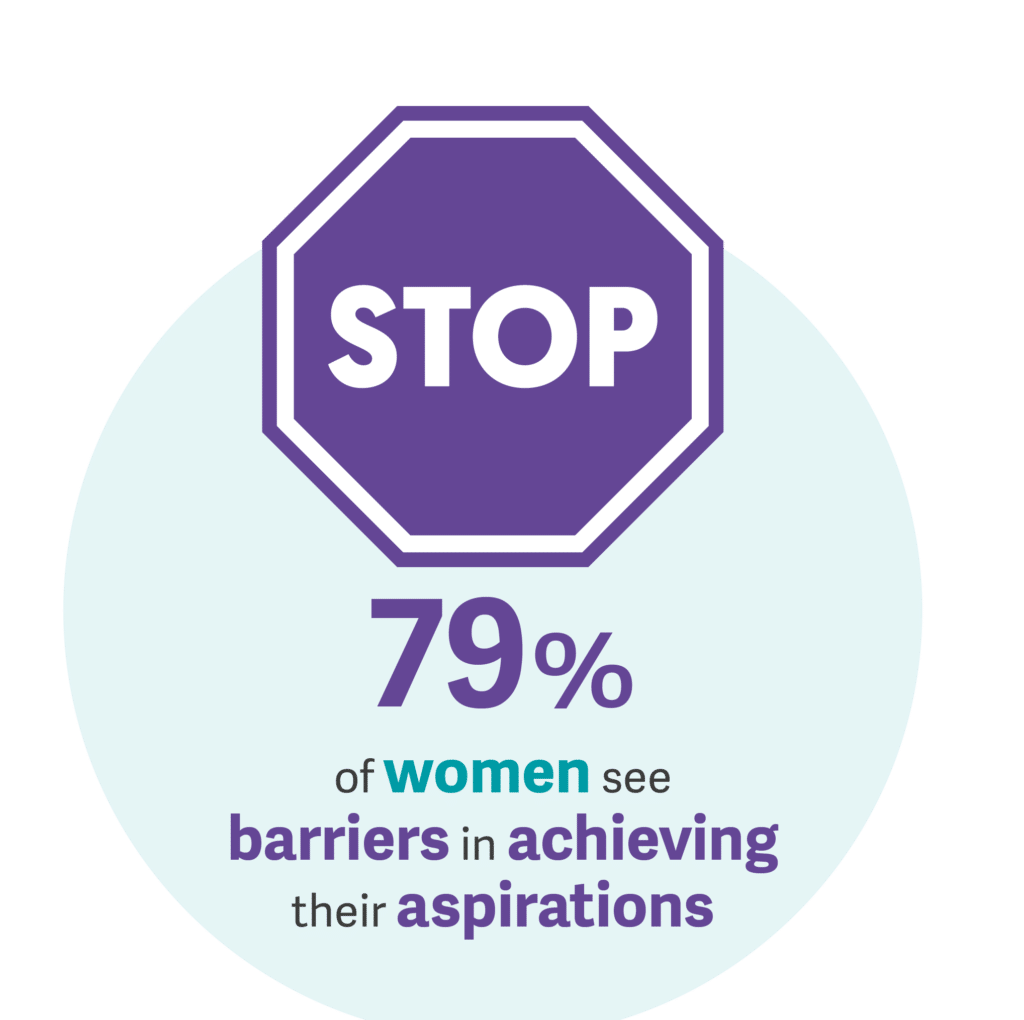
Two themes emerge of opportunities and fairness.
A lack of opportunities is the key barrier, with women more likely to cite a lack of opportunities as one of the least satisfying aspects of their work. The Wisdom Council analysis identifies three ‘clusters’ representing different profiles of women in the workplace.
It illustrates how few women are able to access a positive cycle of
career development.
A lack of opportunities correlated with a lack of encouragement, advocates and access to advice leads, ultimately, to frustration and disengagement. This we argue is the missing middle.
Another key predictor of satisfaction and a lower intention to leave is the perceived fairness of the working environment.
Fairness and equality are complicated concepts and the survey shows attitudinal differences. Men were more likely than women to define equality as ‘treatment strictly based on merit’.
Holding a common idea of what equality means at an organisational or maybe even industry level will make it easier to move forward and to assess progress.
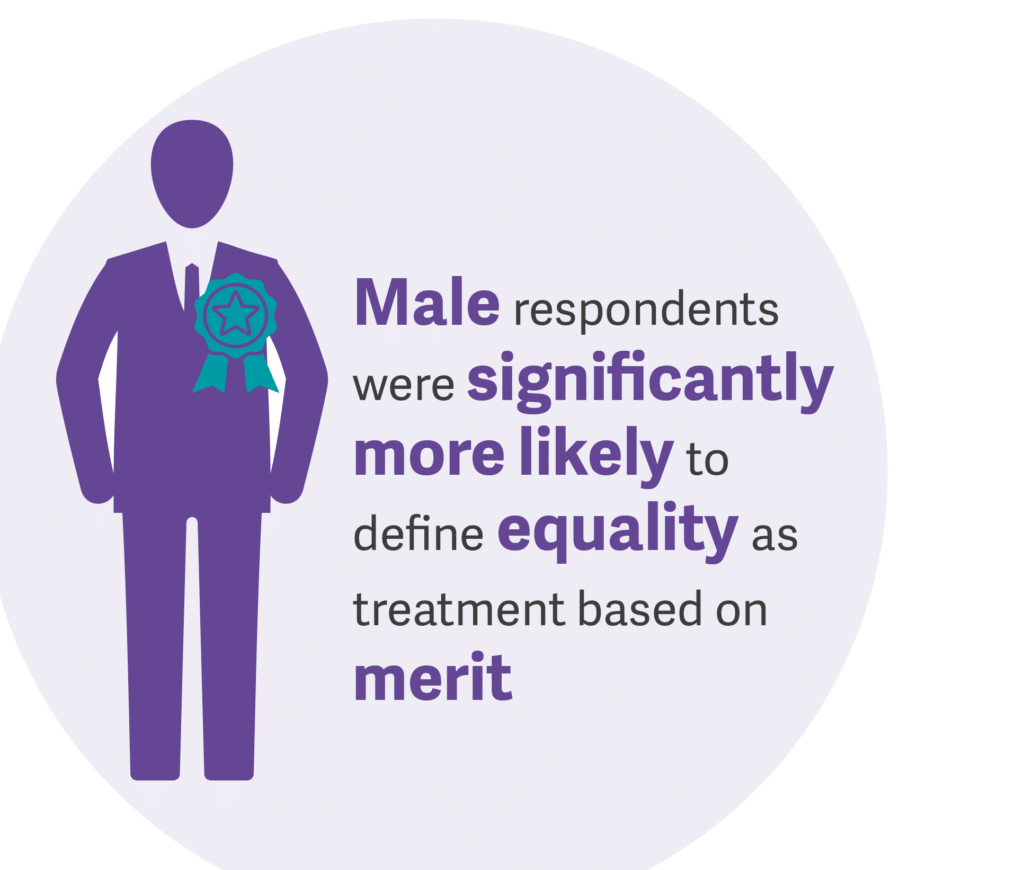
COVID-19: An opportunity for change
2020 has forced all companies into changes in working practices at a pace that would have been inconceivable only twelve months ago, and it is widely documented that among workers the economic impact has fallen disproportionately on women.
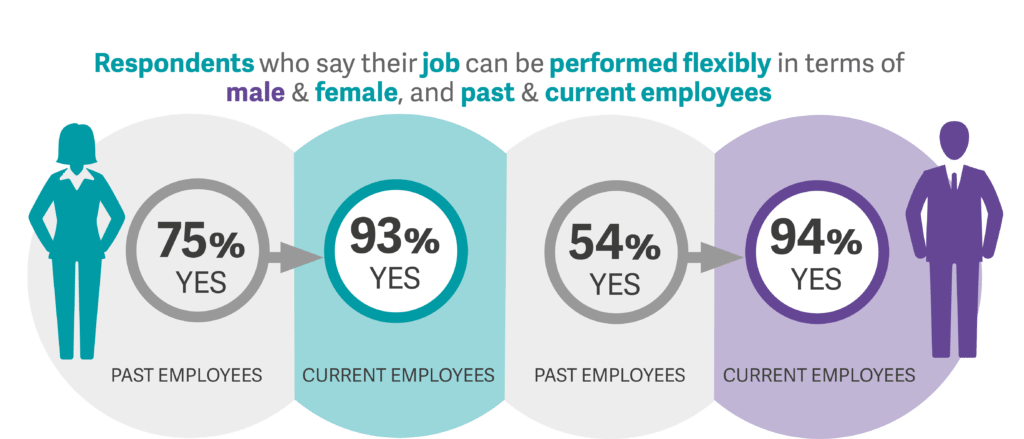
The survey findings suggest a more positive impact is also emerging. Those who had left the industry (half of whom left only just over two years ago) were significantly less likely to think that their role could be performed flexibly than those who have worked through 2020, with the biggest shift in attitude being among men.
- Men in this survey cited work-life balance as the least satisfying aspect of their roles.
- Women are still more likely to perceive that asking for flexibility will negatively impact their career, but this shift and alignment in attitudes can only be positive for both genders over time.
Dr Grace Lordan’s perspective

In this survey, those who have more flexibility in where they work and
how they work, also work longer hours, are more satisfied and exhibit
a lower intention to leave. Dr. Lordan emphasises that this aligns well with other credible evidence that heightened flexibility for all workers leads to greater productivity and happier workers.
Dr. Lordan also emphasises that an over focus on the constraints that women face when devising policies for the workplace, may paradoxically hold them back.
The narrative that women need flexibility to balance caring responsibilities, can cause an illusory correlation which also assigns lower labour market attachment. This can lead to women being seen erroneously to be less serious about their progression.
Overall, Dr. Lordan’s comparisons suggest that all workers in this survey (regardless of whether they are male or female, older or younger, part-time, full-time or working abnormally high hours, working in environments with high or low shares of males) have a number of things in common when it comes to predicting the hours they put in and how satisfied they are.
Positive outcomes for all groups are predicted by certain aspects of flexibility and access to stretchy work. These observations are worth exploring further, at this time when we are re-organising work, so what is created is conducive to getting the best out of all talent.
One thing that is abundantly clear, is that there is more that unites those who participated in this survey at an individual level, than divides them.
At this time of work re-organisation, we should focus on actions that will allow all workers to thrive. If we do this together, we can change the narrative.
Note: * Any survey which involves voluntary participation is going to have a degree of self-selection bias, and we take care when drawing conclusions to allow for this.
Read the full report here
Connect with WIBF UK on LinkedIn
Our mission at EVE List is to be an unbiased resource for all organisations and individuals set on closing the gender gap in the workplace.
Together, we have the power to refuse the status quo. Empowered by facts and data, we can transform every type of workplace.
By publishing a scored list of companies committed to close the gender divide linked to their job openings, we want to empower women with tools to make informed career choices.
- EVE score™ data set is made of quantitative elements of governance, culture, HR policy, pay gap, learning & development practices crowdsourced and verified by you.
- EVE jobs is a listing of career opportunities in the companies featured on EVE score list.
Connect with us on LinkedIn
